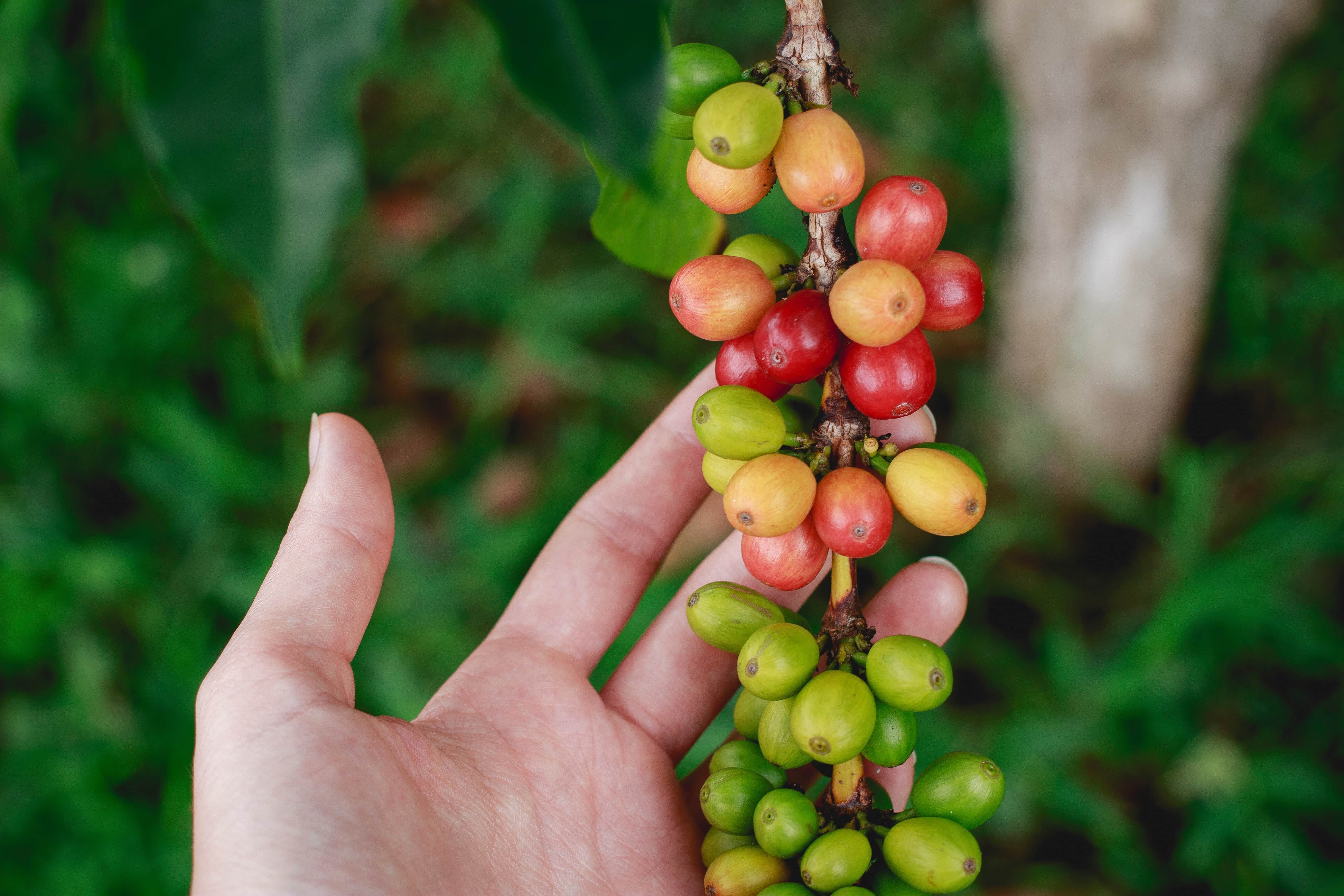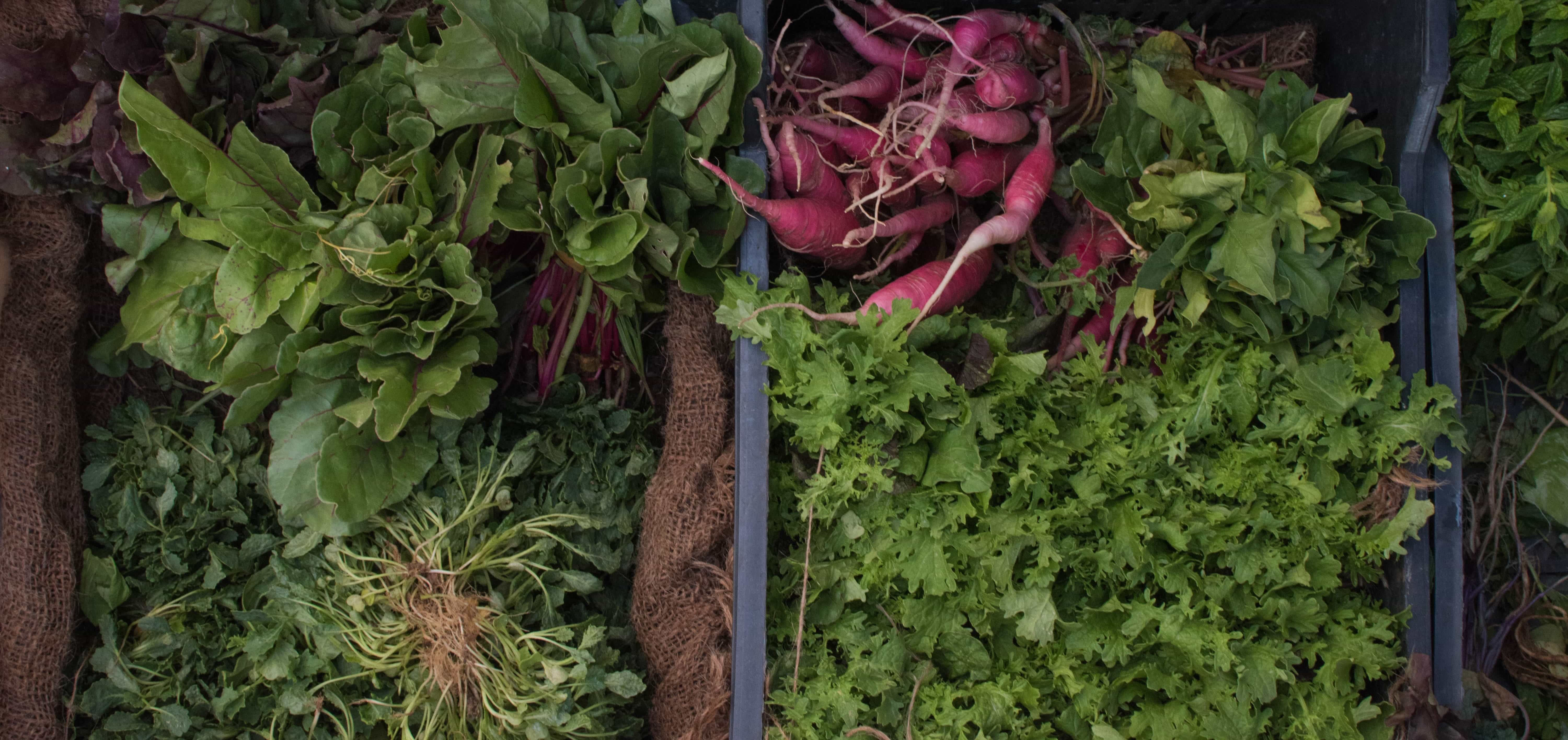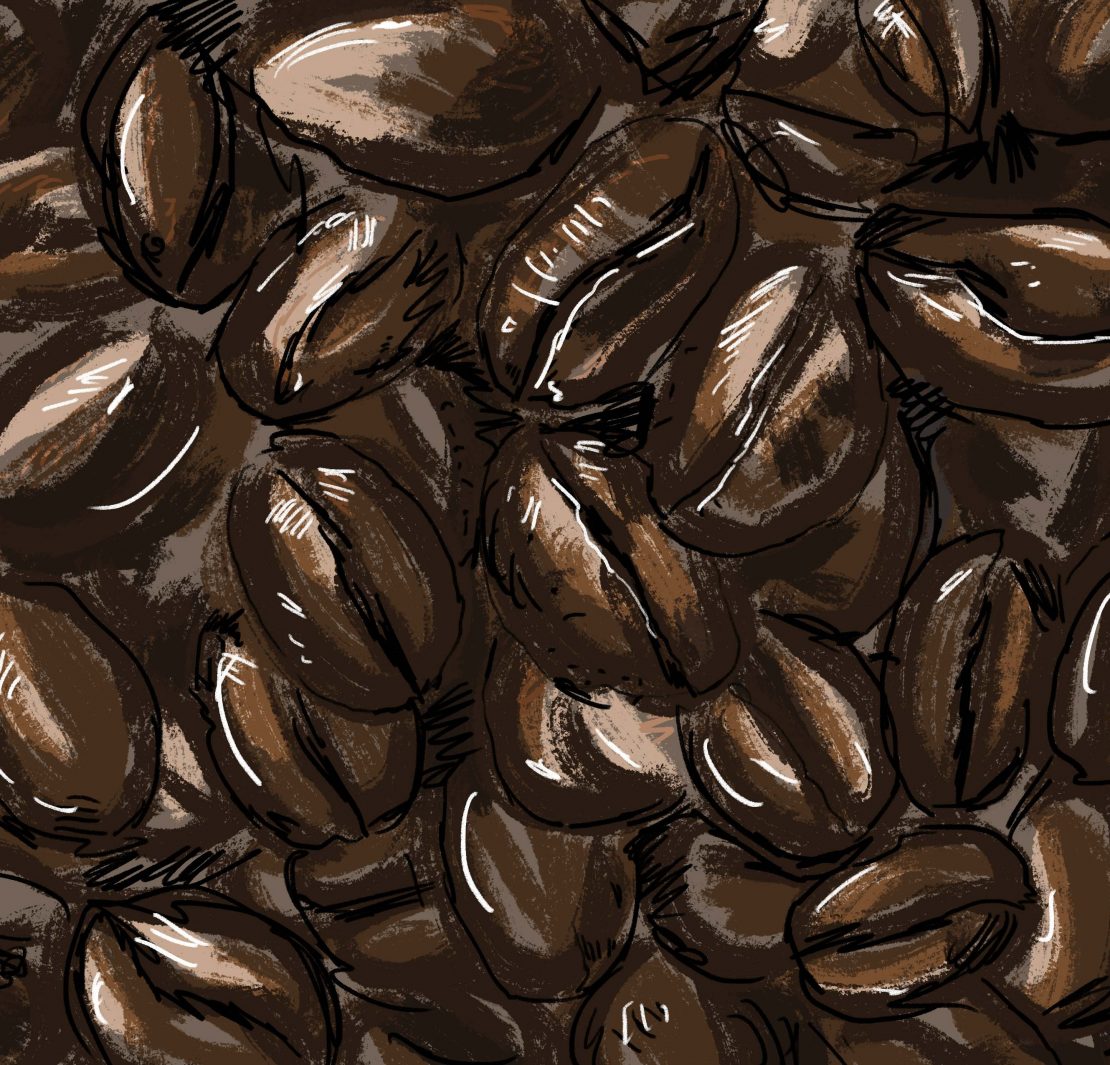Have you ever wondered what it took for a product to get from the farm to your table? There’s a lot to learn and reflect on when you consider the back stories of the products you consume.
Take your coffee, for instance. Before it got to you, it had passed countless hands—from farmer to middleman, buyer, and distributor—and traveled a long way, crossing seas and mountains, until it got to your favorite coffee shop.

Not everybody wins in this exchange of goods, especially in the absence of a fair market. The price of the coffee you buy may be several times more than it is actually worth.
After months of back-breaking work tilling the soil, a farmer sells his harvested produce at a fixed price—usually below market rates set by a middleman or a buying station, which is often owned by the town’s wealthiest family, the mayor—or a businessman he handpicks, or a large export company. The farmer may not get to sell everything, as the buyer chooses what he buys based on product size or quality. Sometimes the farmer walks away with only a few of his produce sold, and he doesn’t even get to enjoy whatever small amount of money he’s made. He’d need to pay off the high-interest loans he had taken out to cover the cost of pesticides and fertilizers, then pay the laborers who helped him during the harvest, or even set aside a big chunk of the profit for the landowner. At times, the farmer is left with only a measly sum, which does not even cover the capital he put into the farm in the first place. Meanwhile, the buying station or middleman sells the goods to an exporter or a distributor at several times the price that he paid the farmer.
It is disheartening when it turns out that the farmer who had planted the coffee and tilled the soil did not make much from your overpriced cup of brew.
Non-governmental organizations such as PREDA (People’s Recovery Empowerment Development Assistance) Foundation and Coffee for Peace are hoping to change this status quo by promoting fair trade practices that will enable local farmers to escape this cycle of exploitation.
PREDA’s support for mango farmers in Zambales and Davao goes beyond buying their fruit at fair market prices.
To meet the demand for traditionally grown mangoes, which command high prices in the world market, the organization encourages farmers to stick to traditional farming practices and natural fertilizing methods. The foundation also helps them secure low-interest loans to expand their crops and supplement their livelihood by growing coffee, coconut, rice, vegetables.

With our mindful purchase of naturally grown products, we encourage them to continue practicing natural farming techniques.
Meanwhile, Davao-based Coffee for Peace works with the indigenous farmers of the B’laan First Nation in Mount Matutum, compensating them fairly for their coffee that is then exported to Canada and the United States, and also supplied to local coffee shops.
While the main thrust of Coffee for Peace is toward conflict reduction and community building in Mindanao, it also educates farmers on better coffee production so that their coffee beans could be at par with global standards and sustainable farming practices.
While this socio-civic undertaking is helping propel our farmers forward, it will also take some major breakthrough with legislation to put an end to unfair trade practices, cartel, and monopoly. The recently signed Fair Competition Act (Republic Act 10667) aims to do just that, opening the door to a free market where small businesses can compete head on with bigger players in providing quality products at reasonable prices. This landmark act seeks to penalize price-fixing and anti-competitive mergers and acquisitions, prohibiting agreements or arrangements among competitors that may prevent, restrict, or lessen competition.
Yet while regulatory policies matter, as consumers, we also play a part in the equation. It starts with educating ourselves about what we consume and being more discriminating about the businesses we support and the products we buy.
We help change the tide. When we support fair trade products from our local farmers, we increase the demand for these products and help in the sustainability of our farmers. With our mindful purchase of naturally grown products, we encourage them to continue practicing natural farming techniques. And by making a stand in buying locally made products, we show that homegrown supplies are just as good as—if not better than— imported ones.
This story was originally published in Southern Living, September 2015.
Writer: KARLA MAQUILING
ILLUSTRATION LEE CACES




